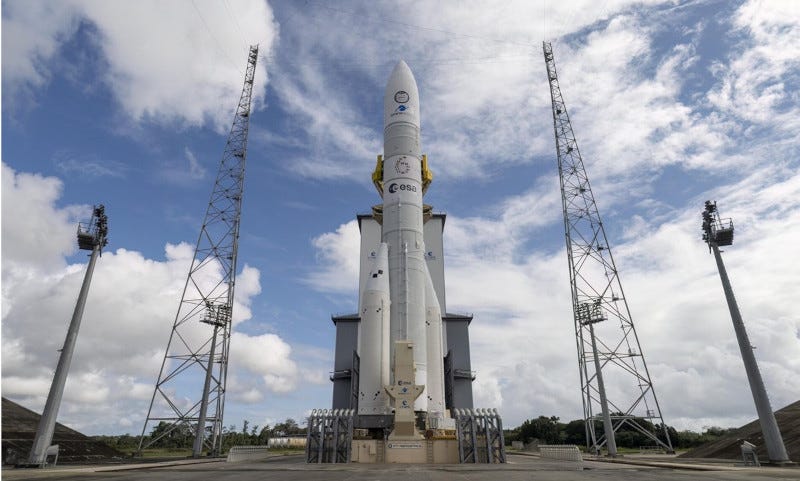LIFI Experiment Launching on First Ariane 6 Mission
It's Like WiFi ... But Using Light
Europe's newest rocket is scheduled to launch for the first time on July 9, and among the payloads to be carried into orbit on this first mission is something called LIFI ... an experiment in light-speed secure communications.
“The LIFI experiment ... will be the first time that Li-Fi technology has been embedded in a space launcher, enabling us to demon…




